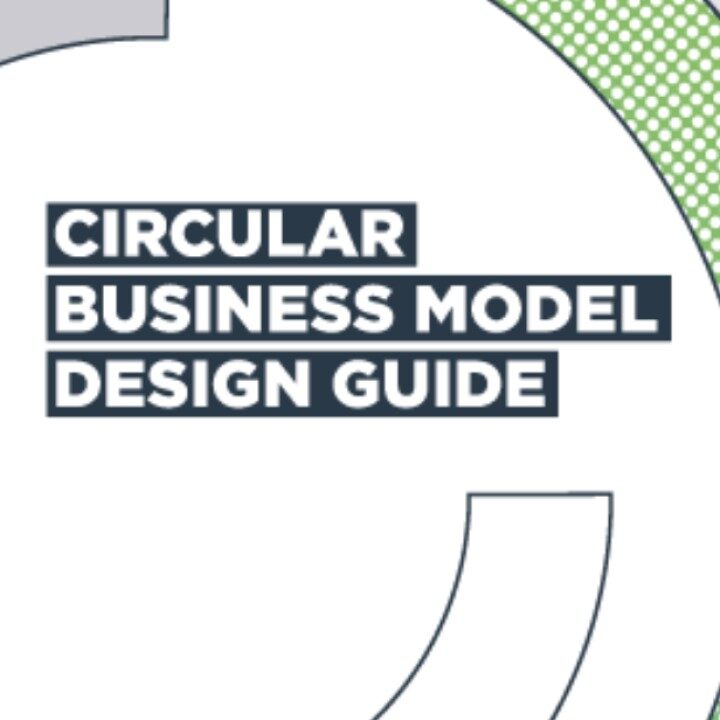CE-Hub, 2023
Is the circular economy illegal?
CE-Hub, 2023
As interest in adopting and implementing circular economy (CE) principles grows, particularly within CE business models, there’s an expanding body of evidence on what succeeds and fails in practice. Understanding the barriers and enablers to CE adoption and scaling is important for policy development but also practical support and advice to business and industry.
Many examples of CE activity involve the exchange or resale of products or resources from one owner to another. This can take a variety of forms, but examples include business-to-consumer trading platforms where consumers can sell a variety of items such as clothing, or schemes where an organization collects products no longer needed and distributes them to new users. Business models that involve rental, repair, repurposing, refurbishment, upcycling, or recycling all appear regularly in CE case study libraries. In each instance, the types of products and their embodied materials are defined and transformed as part of the transfer process, which raises important questions about the legal basis of the exchange and the conditions and requirements for the circulation of materials, components, and products to remain within the UK legal framework for the management of waste.
As a result, some CE business models and practices may inadvertently be at risk of being defined as ‘illegal’. Moreover, the ways in which waste is defined may be restricting or inhibiting the adoption of desirable circulatory business activity, for fear of reclassification of such activities as ‘illegal’.
In this paper, we discuss the problematic nature of various CE business models and value drivers within the current waste framework; specifically, what requirements are placed on industry actors. The main part of the paper addresses ways in which a business can ensure materials, components, and products at the end of their first life cycle can be considered as resources rather than waste.
Our intention is to promote a discussion and seek clarification around an important issue that has been reported to be a major concern for many businesses wishing to ‘go circular’. We welcome feedback and further insights from business, policy, and the academic research communities with the ambition to accelerate and amplify the adoption and implementation of CE business models.
Please download the full paper below…







